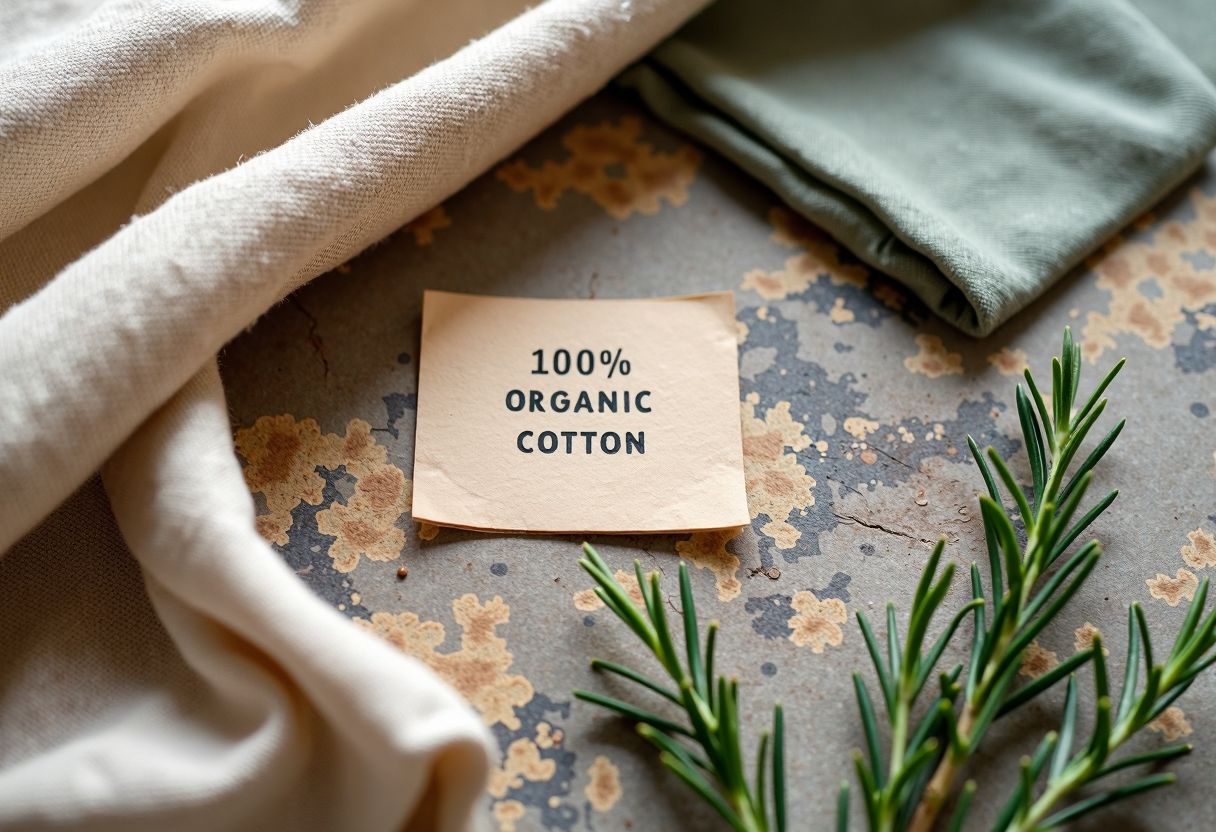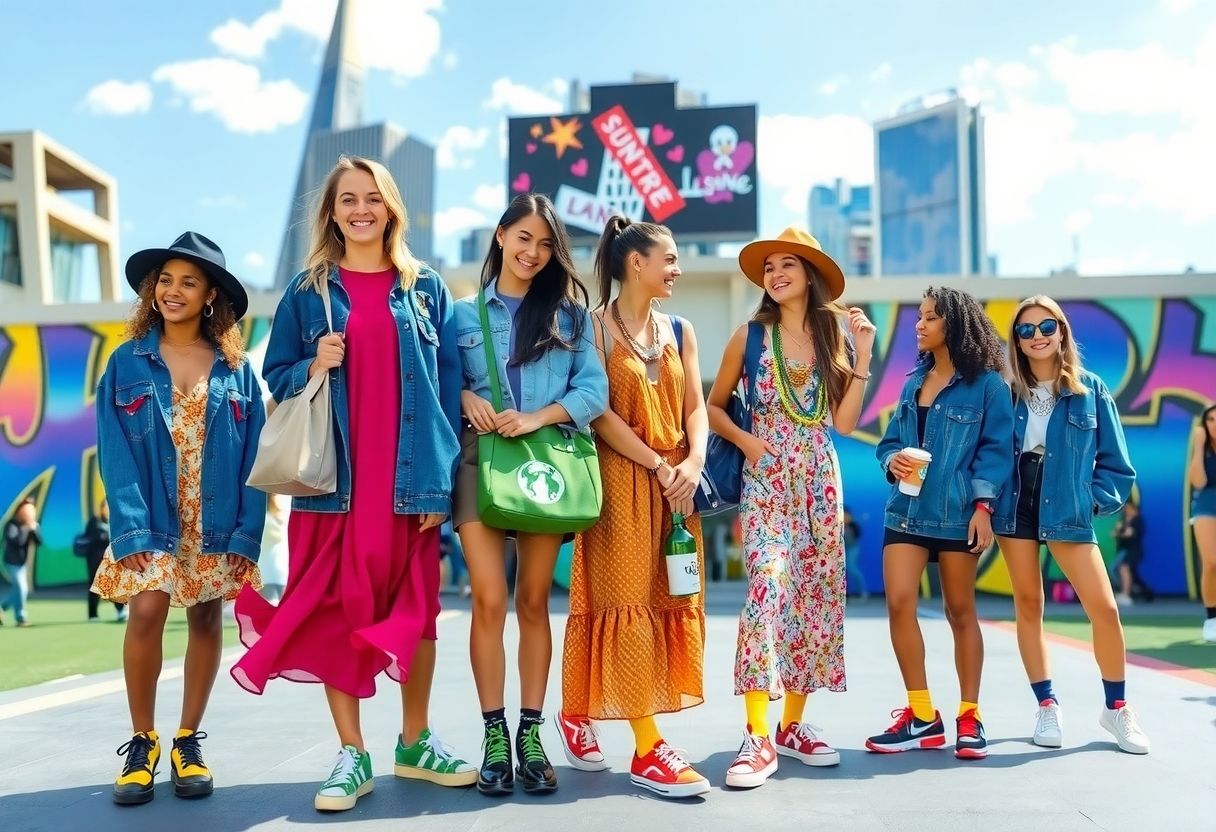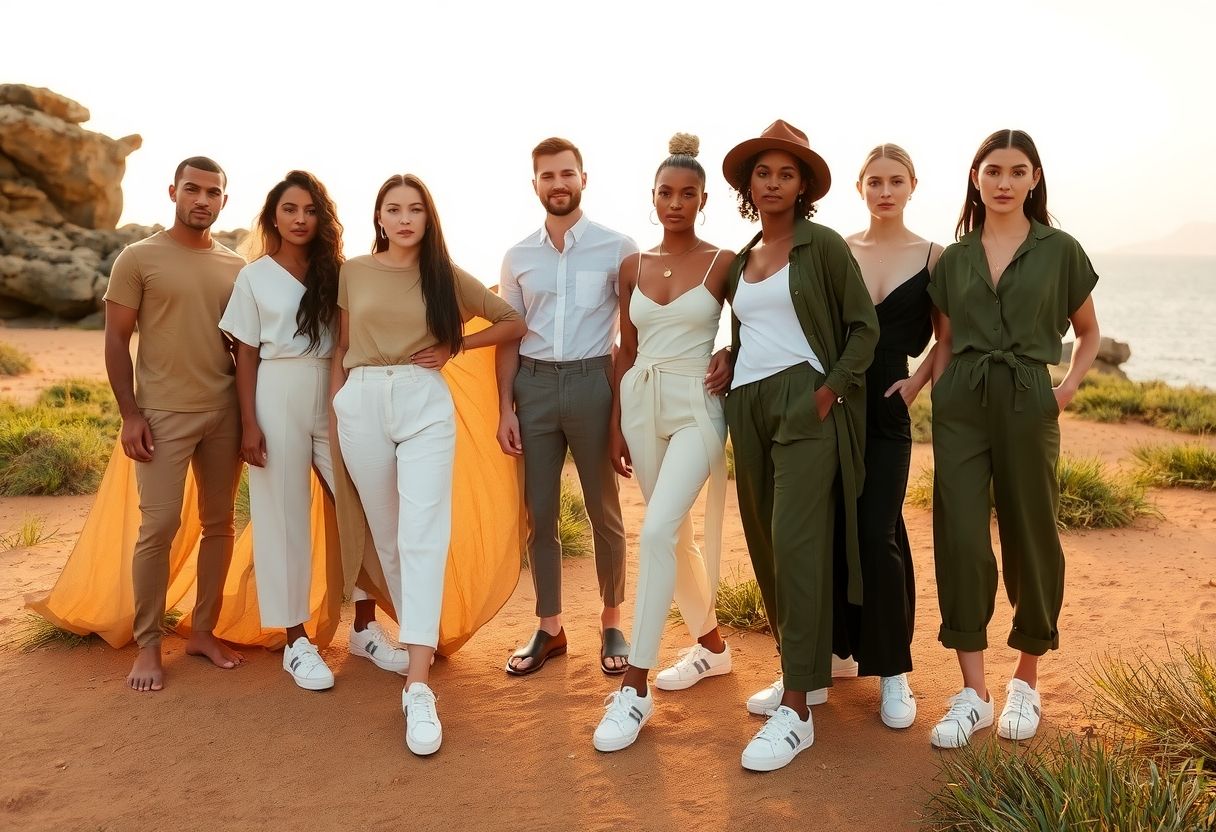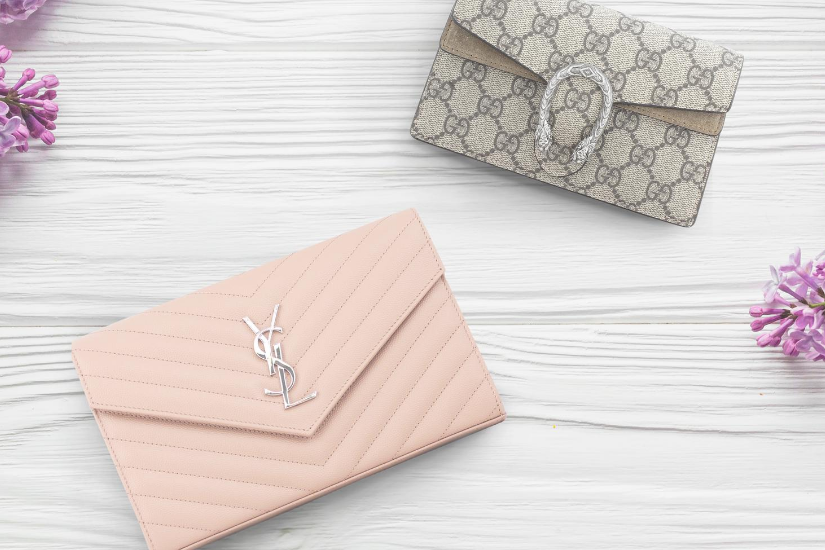Once a niche movement whispered about on the fringes of the fashion world, sustainable fashion has officially claimed its place in the mainstream spotlight. And in Australia, it’s not just growing—it's evolving. Bolder. Smarter. More creative. More real. As consumers wise up to half-hearted eco claims, brands are under pressure to deliver real impact, not just good PR. In 2025, saying you're sustainable isn’t enough—you have to show your receipts.
The Problem With Greenwashing
Remember the days when slapping a "green" label on a collection and using 5% recycled cotton was enough to win praise? Those days are over. Today’s shoppers—especially Millennials and Gen Z—have developed a sharp eye for greenwashing, and they're not afraid to call it out publicly.
Authenticity has become fashion’s most valuable currency. Brands are being challenged to go deeper: to innovate, be transparent, and genuinely contribute to environmental and social change—or risk being left behind.
What Makes a Brand Truly Sustainable and Ethical in 2025?

Sustainability today isn’t just about the fabrics used—it's about the entire ecosystem of how clothes are made, sold, worn, and even disposed of. Here’s what sets the leaders apart:
Transparency:
Brands must reveal where and how their clothes are made, from seed to stitch. Supply chains are no longer secrets; they're selling points.
Materials:
Organic, recycled, biodegradable, or deadstock fabrics are a must. Innovation in plant-based leathers, low-impact dyes, and regenerative farming practices are pushing the conversation forward.
Labour Ethics:
Fair wages, safe conditions, and empowerment across the workforce are non-negotiable. Ethical production is the backbone of true sustainability.
Longevity:
In 2025, slow fashion beats fast fads. Quality craftsmanship, timeless design, and a repair-not-replace mentality are reshaping wardrobes.
Australian Fashion Brands Leading the Way
Australia’s fashion scene is punching above its weight when it comes to sustainability—and doing it with serious style. Some homegrown heroes include:
Outland Denim: Championing ethical craftsmanship, Outland Denim creates premium denim that empowers women rescued from human trafficking, all while delivering top-tier style.
Vege Threads: A darling of the slow fashion movement, Vege Threads focuses on local production in Australia using organic materials, natural dyes, and minimal environmental impact.
Citizen Wolf: Revolutionising basics with custom-fit technology, Citizen Wolf crafts personalised, made-to-order T-shirts designed to eliminate waste and guarantee perfect fits.
A.BCH: Pioneers of circular fashion, A.BCH designs garments that are fully recyclable and biodegradable, inviting customers into the journey of "closing the loop."
Why This Movement Matters Now
Fashion’s environmental footprint is staggering—the industry is responsible for around 10% of global carbon emissions and vast amounts of water pollution and waste. But change is happening. Consumers are voting with their wallets, choosing brands that align with their values of environmental stewardship, social responsibility, and transparency.
In Australia, where climate change is a lived reality, the call for ethical fashion has never been louder. Forward-thinking brands are rising to meet this moment, showing that creativity and sustainability are not only compatible—they’re the future.
How to Shop Sustainably (Without Breaking the Bank)

Sustainable fashion doesn't have to mean spending big. Here's how to build a more conscious wardrobe without blowing your budget:
Buy Less, Choose Well:
Invest in fewer, better-quality pieces you’ll love for years.
Thrift It:
Second-hand shopping is a treasure hunt worth mastering. Hit up op shops, vintage stores, or apps like Depop and Vestiaire Collective.
Repair and Upcycle:
Mend that tear. Patch that denim. Reinvent your style with simple DIY upgrades—and give your clothes a second (or third) life.
Ask the Hard Questions:
Where was this made? What’s it made from? Does this brand publish a sustainability report? (Hint: If they don't, that's a red flag.)
Final Thought
The sustainable fashion revolution isn't coming—it’s already here, reshaping the industry stitch by stitch. In 2025, it's all about conscious creation, community values, and clothing that tells a story.
Australia isn’t just participating; it's leading. From Sydney ateliers to Melbourne boutiques, a new wave of designers is proving that fashion can be both fierce and fair. And for those of us who care about the planet and love a good outfit? It doesn’t get much better than that.



















